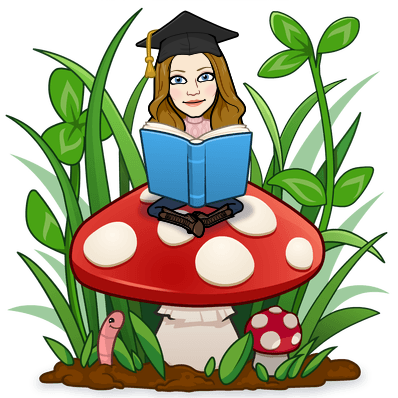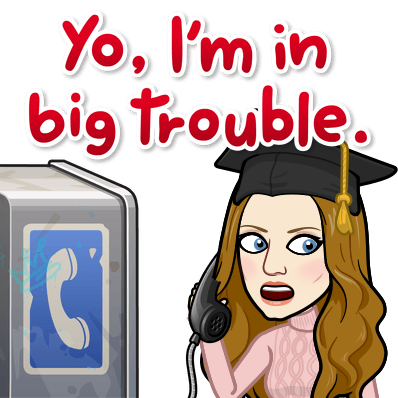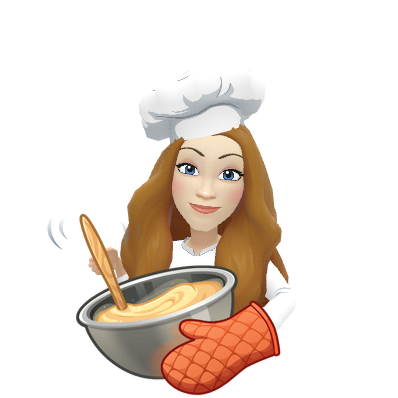I don’t know about where you live, but recently here in the UK there have been lots of illnesses going around and a lot of people, including me, have been feeling under the weather (ill).
We have therefore been really appreciative of the topic of this week’s blog… sleep! There is nothing like a good sleep to make you feel better when you’re not feeling great!
So, as the 15th of March is World Sleep Day, here are 10 idioms related to sleep to help you talk about one of our favourite pastimes…
1. Hit the sack/hay

To hit the sack or hit the hay basically means to go to bed (for sleep).
Example: “Well guys, I’m really enjoying this chat but I think I’d better hit the sack. I’ve got to be up early in the morning.”
2. to be out like a light

To be out like a light means that when you hit the sack, you are able to fall asleep straightaway.
Example: “I was so tired when I went to bed last night… as soon as my head hit the pillow I was out like a light!”
3. Sleep like a log

To sleep like a log means that you are in a really deep sleep.
Example: “Your bed’s so comfy – I slept like a log!”
4. Not sleep a wink
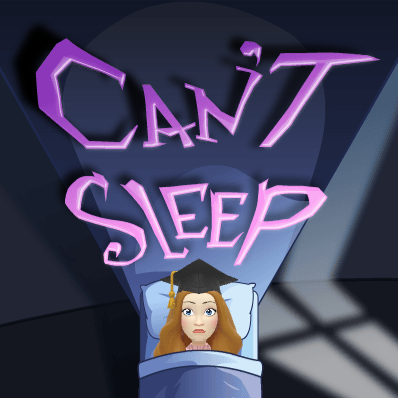
So sleeping like a log is what we would all like to do – sleep deeply – whereas not sleeping a wink means the opposite. This means being unable to sleep at all… not so fun!
Example: “I’m exhausted this morning. I was so stressed about today’s job interview that I couldn’t sleep a wink all night!”
5. forty winks

So if no winks means no sleep, then what does forty winks mean? Forty winks actually means a short sleep in the day, like a nap.
Example: “I enjoy having forty winks on the sofa before the kids get home from school.”
6. to drop/nod off
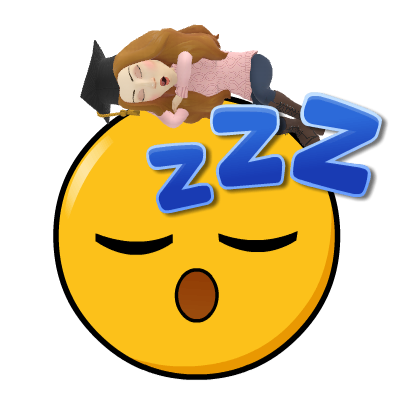
Whereas forty winks is an intentional kind of sleep (you want to have a nap and so you have a nap), dropping off or nodding off means to start sleeping unintentionally. So you drop off when you were supposed to be awake – ooops!
Example: “Charlotte, are you listening to me?
“Oh sorry, I must have nodded off there for a second! What did you say?”
7. burn the candle at both ends

If you regularly nod off in public, it could be because you are burning the candle at both ends. To burn the candle at both ends means you are getting up early in the morning and going to bed late at night, so not getting enough sleep.
Example: “You need to start taking care of yourself. You’ve been burning the candle at both ends for weeks, studying for this exam. You need a proper night’s sleep or you won’t be healthy enough to take the exam at all!”
8. Night owl
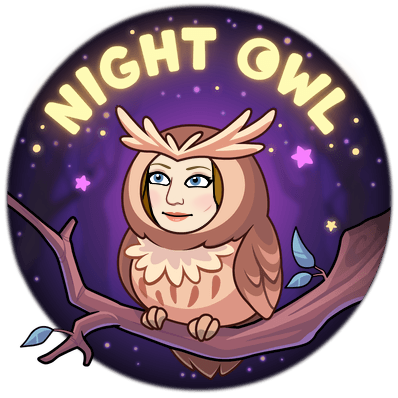
Of course, nobody really suits burning the candle at both ends, but some people are happier going to bed late and being up for some of the night. These people are called night owls.
Example: “I prefer to get up early and do yoga before having a nice big breakfast, but my boyfriend’s more of a night owl. He usually stays in bed in the morning and prefers to have his big meal late at night.”
9. early bird
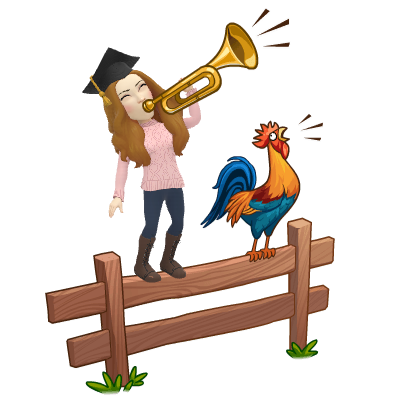
The opposite of a night owl is an early bird – someone who is happier going to bed in the evening and getting up early in the morning.
Example: “Your grandad was always an early bird – he got up every day at 5am and prepared the breakfast for the rest of the family.”
10. To get out of bed on the wrong side

Our final idiom relates to what happens when you start your day badly. If you are in a bad mood in the morning, it could be because you got up on the wrong side of bed.
Example: “Morning Charlotte!”
“Ugh.”
“Oh dear, someone got out of the wrong side of bed this morning!”
*Now you try: Try to make some sentences using each of the above idioms. Are you an early bird or a night owl? How was your sleep last night?
Good luck and I hope you find these idioms useful!
As always, any comments on this week’s blog post or any requests for next week’s post, please write a reply below or email me at charlottesenglishlessons@gmail.com. I love hearing from you!

Charlotte XX




